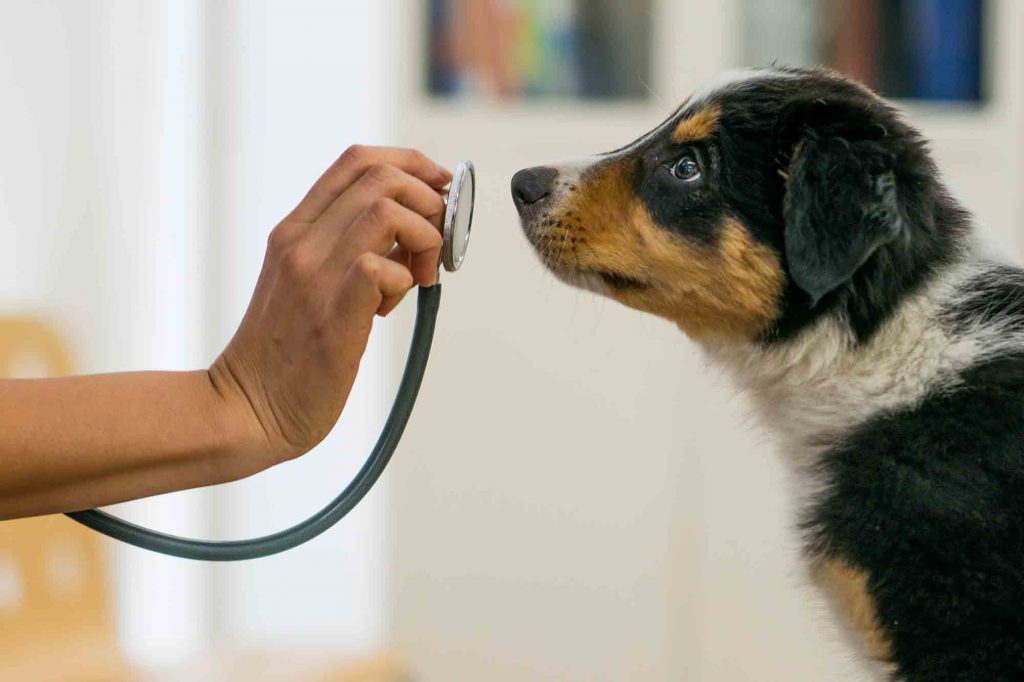Leptospirosis: What You Need to Know

Leptospirosis is a bacterial disease of dogs and other mammals that primarily affects the liver or kidneys. Infections is uncommon in areas where widespread vaccination of dogs has been practiced for many years. Outbreaks of the disease are still seen from time to time.
How is Leptospirosis Transmitted?
Leptospira bacteria are carried mainly by rats and other rodents, but can also affect almost any mammalian species, including people. Infected or recovered “carrier” dogs may act as a source of the infection.
Ingestion of infected urine or rodent-contaminated garbage is the most important means of transmission, but some forms of the bacteria can penetrate damaged or thin skin. For instance, when dogs swim in contaminated water, they may become infected through their skin. The incubation period (from infection to onset of clinical signs) is usually four to twelve days.
The Different Forms of Lepto
There are three main forms of the disease:
- Hemorrhagic (bleeding)
- Jaundice (liver)
- Renal (kidney)
In hemorrhagic disease there is high fever with lethargy and loss of appetite. Multiple small hemorrhages occur in the mouth and on the whites of the eyes. Bloody diarrhea and vomiting may occur. This form is often fatal.
The jaundice form begins much like the hemorrhagic form and many of the clinical signs are the same. It differs in the presence of a yellow color in the mouth and whites of the eyes.
The renal form causes kidney failure. These dogs are very lethargic, anorectic, and may vomit. Their breath may have a very offensive odor, and ulcers often develop on the tongue. Other signs include diarrhea, excessive drinking and excessively frequent urination. There may be red staining of the urine from blood. The dog may be reluctant to move and show abdominal discomfort. Fever is variable and temperature may actually be subnormal in the more advanced stage. Dogs that survive the acute renal form may be left with chronic kidney disease.
What’s Next?
Antibiotics are reasonably effective if begun early. Most affected dogs require intensive care in the veterinary hospital. An extended course of antibiotics may be prescribed even in the recovery period to ensure that all the Leptospira organisms are cleared and the dog does not become a chronic carrier.
Leptospirosis is a zoonotic disease, meaning it can be transmitted to people; so owners of dogs that may have the disease should avoid contact between the owner’s bare skin and their dog’s urine, and wear rubber gloves when cleaning up any areas the dog may have soiled. Any areas where the dog has urinated should be disinfected. The organism is readily killed by household disinfectants or dilute bleach solution.
If you think your pet may have leptospirosis, contact us immediately.
